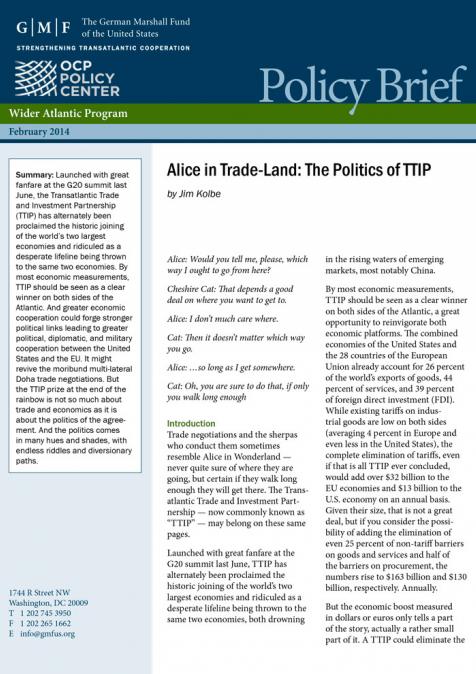Les Mardis du PCNS 01/12/2020: الثابت والمتحول في السياسة الخارجية الأمريكية بعد الانتخابات الرئاسية
جرت الانتخابات الرئاسية الأمريكية 2020 في ظل ظروف استثنائية عرفت متابعة شاملة لمجرياتها في مختلف بلدان العالم لما لها من وقع على مستقبل التحالفات والسياسات الخارجية للدول. كيف يمكن تحليل السياق الذي جرت فيه الانتخابات من أجل فهم التحديات الرئيسية للولايات المتحدة الأمريكية على المستويين الوطني والدولي؟ كيف يمكن تقييم تعبئة الناخبين لصالح الحزبين الجمهوري والديمقراطي؟ بعد الإعلان عن نتائج الانتخابات الرئاسية الأمريكية، ما هي التحديات التي قد تواجه إدارة بايدن للانتقال مما سبق وسنه الرئيس الجمهوري خلال الأربع سنوات الماضية؟ كيف يمكن قراءة السياسة الخارجية للولايات المتحدة الأمريكية؟ وما الثابت والمتحول فيها في ظل سياق عالمي يعرف توترات دولية مهمة ناتجة عن انتشار فيروس كورونا؟ البرنامج 45 دقيقة الثابت والمتحول في السياسة الخارجية الأمريكية بعد الانتخابات الرئاسية المسيّرة إيمان لهريش، مسؤولة عن البرامج بمركز السياسات من أجل الجنوب الجديد المتدخلون عبد الحميد بنخطاب، أستاذ العلوم السياسية بجامعة محمد الخامس ورئيس الجمعية المغربية للعلوم السياسية سلمى الداودي، باحثة في العلاقات الدولية بمركز السياسات من أجل الجنوب الجديد محمد لوليشكي، باحث بارز بمركز السياسات من أجل الجنوب الجديد والسفير المندوب الدائم للمملكة المغربية لدي الامم المتحدة 15 دقيقة مناقشة








